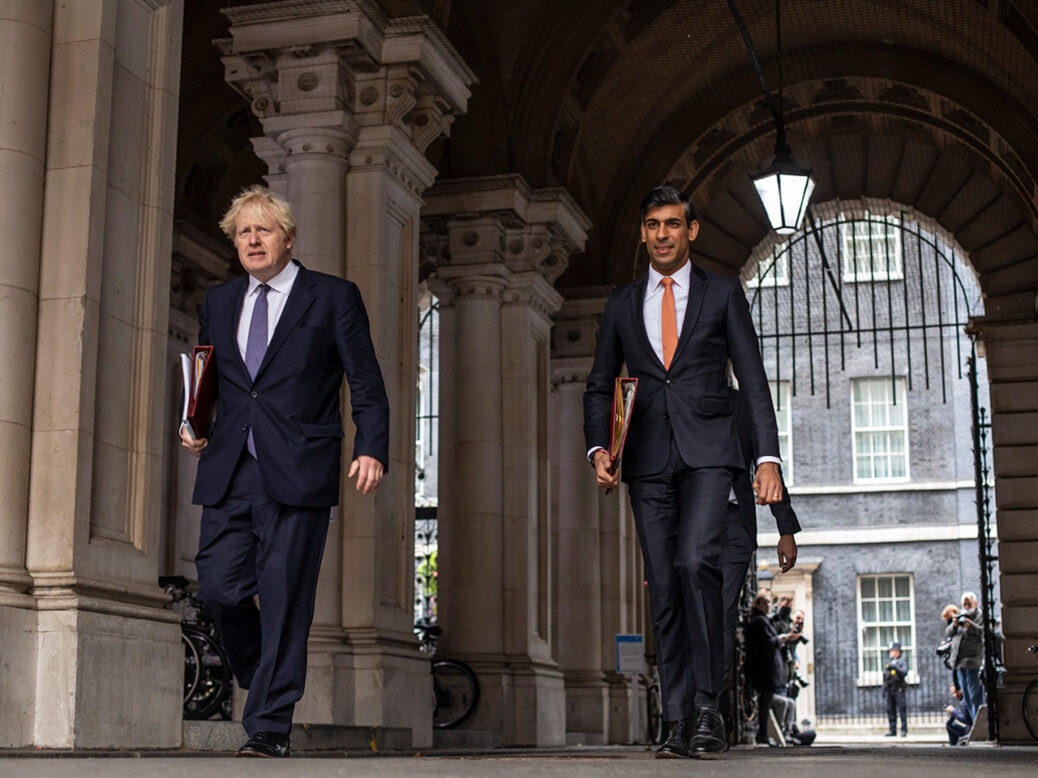
What exactly will Rishi Sunak’s Conservatives campaign on at next year’s general election? What conspicuous achievements will they be able to offer voters? A strong economy? A robust NHS? Decent public services? Falling immigration? Honest, competent governance? Any of the above would be a stretch, to put it mildly.
No, we got a sneak preview of Sunak’s strategy when he was interviewed by the BBC’s Laura Kuenssberg on Sunday (25 June). Most sane people probably had better things to do than watch a political chat show on a glorious Sunday morning in late June, so let me recap.



